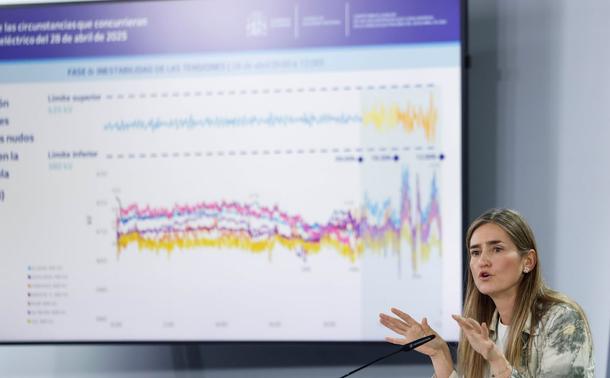I see the Iberia blackout report is released: voltage instability. One conventional plant offline when it was supposed to provide voltage control and 9x others misconfigured for same. Lack of control allowed voltage to oscillate and rise above allowed limits, triggering automatic disconnection of 8GW solar (as designed), which resulted in voltage collapse and blackout. https://elpais.com/economia/2025-06-17/el-gobierno-reparte-culpas-entre-red-electrica-y-las-empresas-por-el-gran-apagon.html #energy #spain #blackout

El Gobierno reparte culpas entre Red Eléctrica y las empresas por el gran apagón
El Ejecutivo descarta el ciberataque y apunta a la mala planificación del operador del sistema y la actuación “indebida” de las eléctricas. El informe ve la luz 49 días después del primer cero energético de la historia